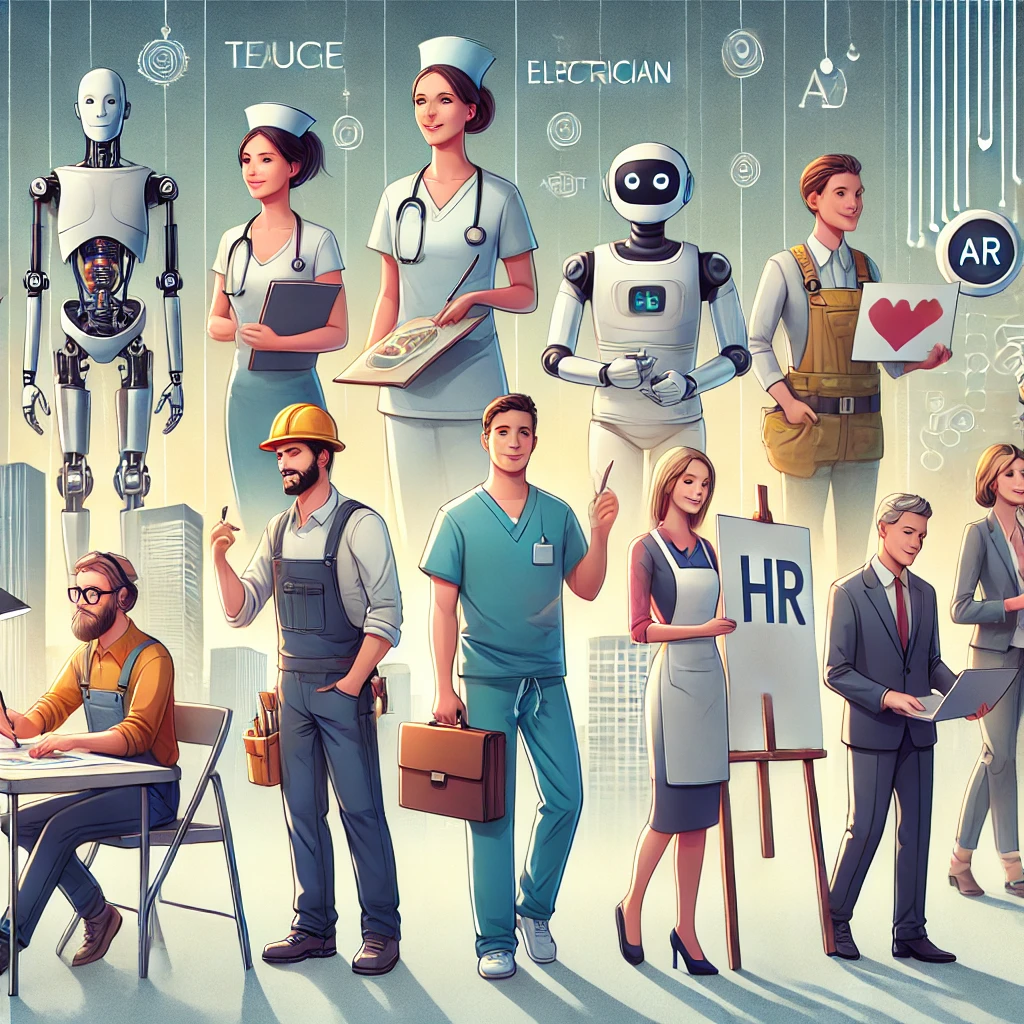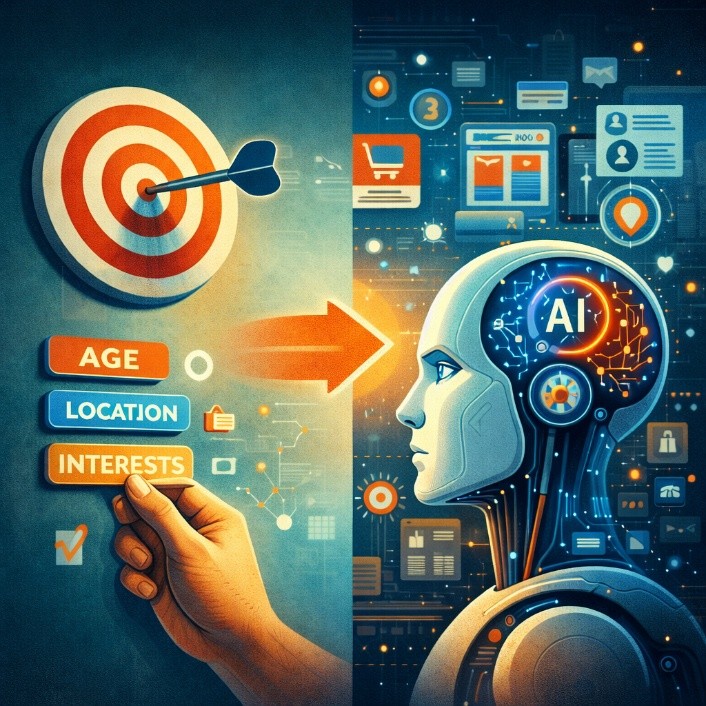As automation and AI continue to transform industries, many professionals worry about job security. However, some roles are not only resistant to automation but are also in high demand due to labor shortages. According to a recent article from U.S. Career Institute, some careers are more resistant to automation than others, offering a sense of stability in an evolving labor market. These jobs require specialized human skills like creativity, empathy, and technical expertise—qualities that AI and robots cannot easily replicate.
Why Certain Jobs Are Safe from Automation
AI excels at repetitive, structured tasks, but many jobs rely on human intuition, complex decision-making, or intricate hands-on work that machines struggle to perform. The careers that remain essential despite AI’s rise typically involve technical expertise, emotional intelligence, and personal interactions that require a human touch.
Here are the most needed jobs in 2025 and beyond that are least likely to be replaced by automation:
1. Nurses and Healthcare Workers
The healthcare sector faces chronic shortages, with registered nurses (RNs) in particularly high demand. According to the U.S. Bureau of Labor Statistics (BLS), the demand for nurses is expected to grow by 6% through 2031, with nearly 200,000 openings projected each year. While some tasks in healthcare may be automated, patient care requires human empathy, problem-solving, and adaptability—skills robots can’t offer.
2. HVAC Technicians
The HVAC (Heating, Ventilation, and Air Conditioning) field is essential for maintaining the systems that keep buildings comfortable. This profession is predicted to grow by 5% through 2030. With the rise of green technologies and energy efficiency initiatives, HVAC technicians who specialize in eco-friendly systems will be particularly valuable. Hands-on troubleshooting and adapting systems to specific building environments keep this role safe from automation.
3. Electricians
Electricians are vital for maintaining and installing electrical systems in residential, commercial, and industrial settings. As the world shifts toward renewable energy and smart home technologies, the demand for electricians is set to grow by 7% through 2031. Complex electrical work requires precise problem-solving and adaptability, keeping the role secure from automation.
4. Automotive Mechanics and Technicians
Despite advances in electric and autonomous vehicles, mechanics are still needed to repair, maintain, and adapt cars to changing technology. The automotive industry is rapidly evolving, and technicians with expertise in both traditional and electric vehicles will be in high demand. The BLS projects over 70,000 job openings annually through 2031.
5. Human Resources Specialists
AI can streamline some HR functions, but human resources specialists are essential for resolving conflicts, hiring, and maintaining positive workplace cultures. These roles require interpersonal skills and judgment that AI can’t replicate. With labor shortages in many sectors, HR professionals play a key role in recruiting and retaining talent.
6. Plumbers
As essential workers, plumbers are crucial for maintaining water systems, repairing infrastructure, and addressing emergencies. The plumbing industry continues to grow steadily, with BLS projecting a 2% increase in job openings by 2031. Given the complexity and variability of on-site plumbing work, automation in this field is minimal.
Prepare for a Future-Proof Career
If you’re looking for a stable career in a world increasingly shaped by AI and automation, consider training in fields like healthcare, skilled trades, and technical services. These roles are not only in high demand but also resistant to the impact of AI. Continuous learning and upskilling will be key to staying relevant in these professions.
For a full list of jobs that are least likely to be automated, check out the original article from U.S. Career Institute: https://www.uscareerinstitute.edu/blog/65-jobs-with-the-lowest-risk-of-automation-by-ai-and-robots



